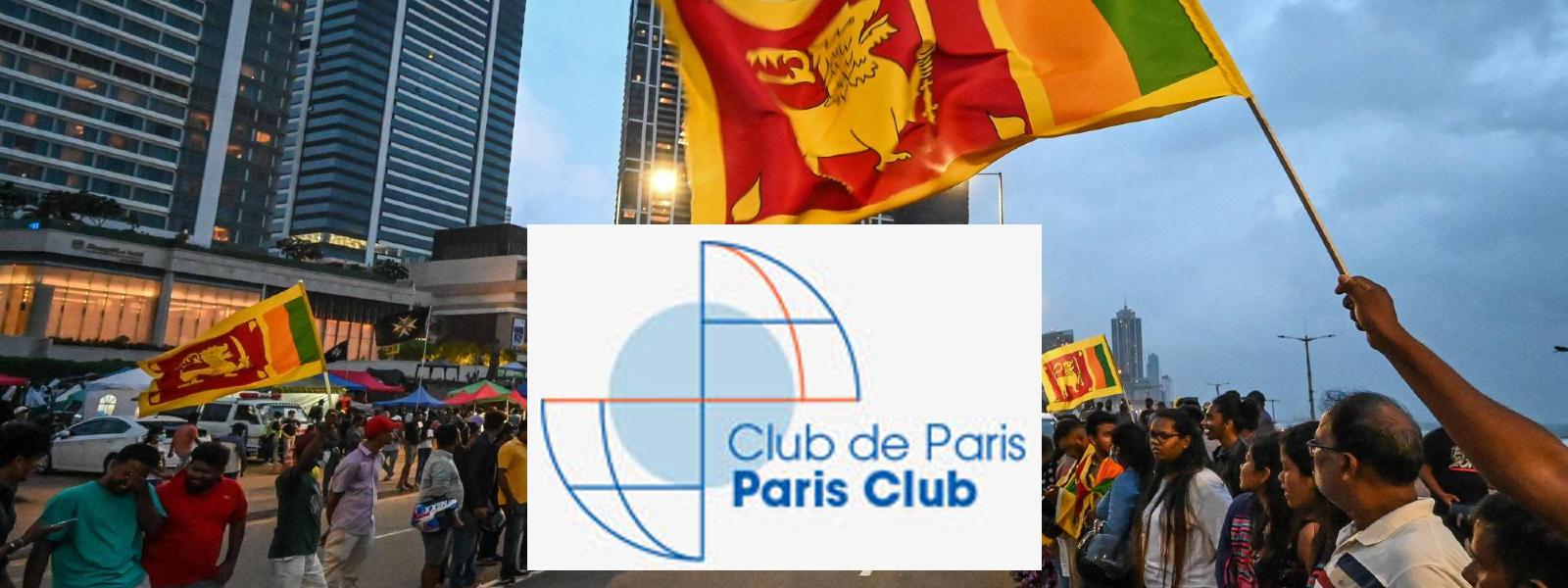The Paris Club has assured its fullest support to Sri Lanka in its ongoing efforts to find an early resolution to its debt crisis, said State Minister Shehan Semasinghe.
Paris Club is a group of officials from major creditor countries whose role is to find co-ordinated and sustainable solutions to the payment difficulties experienced by debtor countries.
State Minister Shehan Semasinghe said that he meet with William Roos, Co-Chairman of the Paris Club during the IMF/World Bank Annual Meetings.
“Mr. Roos assured The Paris Club’s fullest support for Sri Lanka’s ongoing efforts to find an early resolution to its debt crisis,” he tweeted.
What Is the Paris Club?
The Paris Club is an informal group of creditor nations whose objective is to find workable solutions to payment problems faced by debtor nations. The Paris Club has 22 permanent members, including most of the western European and Scandinavian nations, the United States, the United Kingdom, and Japan.
The Paris Club stresses the informal nature of its existence. As an informal group, it has no official statutes and no formal inception date, although its first meeting with a debtor nation was in 1956, with Argentina.
The objective of the Paris Club, an informal group of creditor nations that meets each month in the French capital, is to find workable solutions to payment problems faced by debtor nations.
The group is organized around the principles that each debtor nation be treated case by case, with consensus, conditionality, solidarity, and comparability of treatment.
In addition to the Paris Club’s 22 member nations, there are observers—often international NGOs—who attend but cannot participate in the meetings.
Understanding the Paris Club
The members of the Paris Club meet each month, except for February and August, in the French capital.
These monthly meetings may also include negotiations with one or more debtor countries that have met the Club’s preconditions for debt negotiation.
The main conditions a debtor nation has to meet are that it should have a demonstrated need for debt relief and that it should be committed to implementing economic reform.
In effect, that means the country must already have a current program with the International Monetary Fund (IMF) supported by a conditional arrangement.


